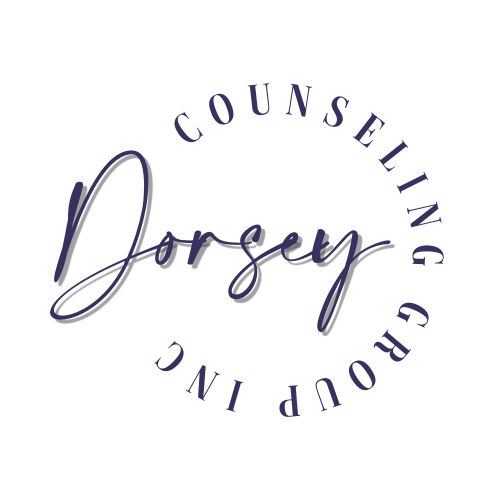What is Anxiety?
What is Anxiety?
Anxiety is the excessive feeling of worry, fear, dread, and uneasiness. Excessive worry means worrying even when there is no specific threat present or in a manner that is disproportionate to the actual risk. Anxiety is characterized by feelings of tension, uncontrollable thoughts, and even physical changes like increased blood pressure. In adults, the worry can be about job responsibilities or performance, one’s own health or the health of family members, financial matters, and other everyday, typical life circumstances. In children, the worry is more likely to be about their abilities or the quality of their performance (for example, in school).
What are the symptoms?
Mental health professionals look for factors like excessive, hindering worry paired with a variety of physical symptoms, then use proven diagnostic assessments to make a diagnosis and rule out other possibilities.
The DSM-5 outlines specific criteria to help professionals diagnose generalized anxiety disorder.
The worry is experienced as very challenging to control. The worry in both adults and children may easily shift from one topic to another.
The anxiety and worry are accompanied by at least three of the following physical or cognitive symptoms (In children, only one of these symptoms is necessary for a diagnosis of GAD):
Edginess or restlessness
Tiring easily; more fatigued than usual
Impaired concentration or feeling as though the mind goes blank
Irritability (which may or may not be observable to others)
Increased muscle aches or soreness
Difficulty sleeping (due to trouble falling asleep or staying asleep, restlessness at night, or unsatisfying sleep)
How can therapy help anxiety?
Anxiety is a common human emotion but there are times that it can become so intense that it affects day to day life. When we begin experiencing excessive anxiety related to phobias, panic attacks and stress, it is likely that we would need therapy and/or medication to help treat our symptoms. Contacting a mental health or other clinical provider is a courageous step that can help clarify what is happening and, in turn, lead to creating a plan of care that can help you find relief and regain a sense of well-being. Only around 20% of people who have symptoms of anxiety seek treatment.
Therapy can help you:
uncover the underlying causes of your worries and fears
learn how to relax
look at situations in new, less frightening ways
develop better coping and problem-solving skills
give you the tools to overcome anxiety and teaches you how to use them
Don’t Wait to Get Help
If you are experiencing any of the symptoms above or would like to chat with a professional about anything that you’re going through, we’re here to help. Contact us and get the support that you need.

